Overview
HDP (Herodotus Data Processor) is a modular framework for validating on-chain data from multiple blockchain RPC sources, executing user-defined logic written in Cairo1, and producing an execution trace that can be used to generate a zero-knowledge proof. The proof attests to the correctness of both the on-chain data and the performed computation.
HDP is designed with a two-stage process:
1. Data Verification
-
RPC Data Fetch & Validation:
HDP connects to blockchain RPC endpoints (e.g., Ethereum, StarkNet) to download raw data along with the necessary on-chain proofs. -
Verifiers:
Specialized circuits validate the data by checking inclusion proofs (for example, the Merkle Patricia Trie in Ethereum) and confirming that block headers are authentic and correctly linked in the chain. -
Memorizers:
Once verified, the data is stored in an internal dictionary (memorizers) to be readily available for subsequent processing.
2. Computation
-
User-defined Logic:
Developers write modules in Cairo1, to specify the computation or checks to be performed on the data. -
Bootloader:
The bootloader loads the compiled Cairo1 bytecode. It retrieves the necessary data from the memorizers and executes the program. -
Trace and Proof Generation:
After execution, a trace is produced. This trace forms the basis for a zero-knowledge proof that attests to the correctness of the on-chain data and the user-defined computation.
This combined approach allows HDP to securely prove statements about historical on-chain events, voting power, balances, and other chain-dependent attributes in a trustless and verifiable manner.
HDP is built to support data from multiple blockchains within a single Cairo1 execution. This capability is especially useful for use cases such as bridging, where data from various chains is verified and processed within one unified pipeline.
